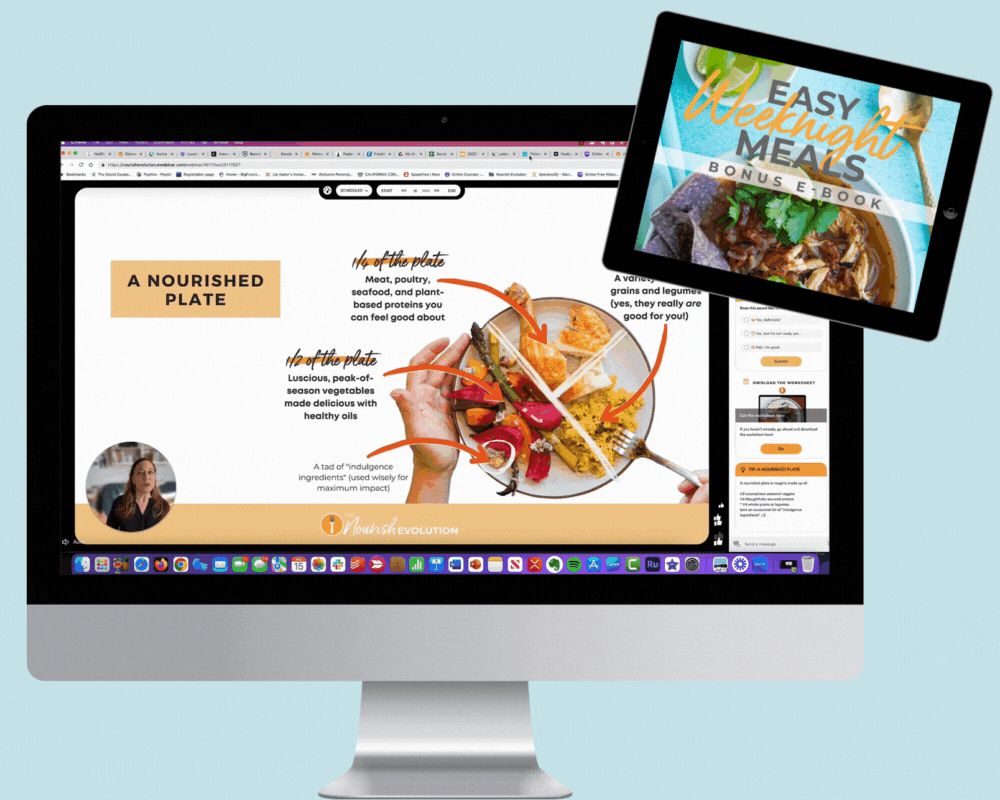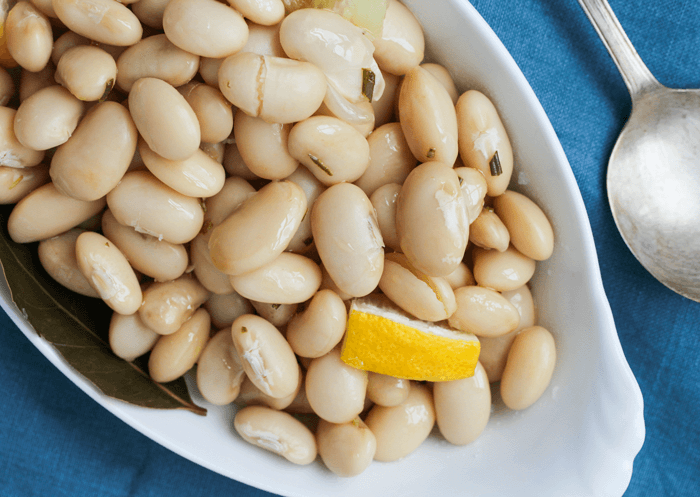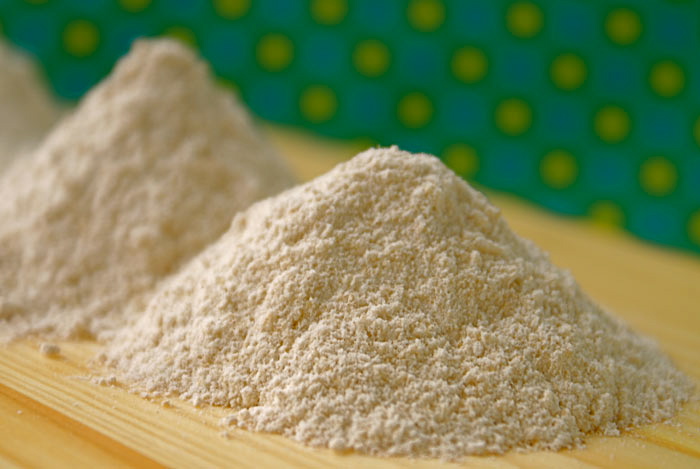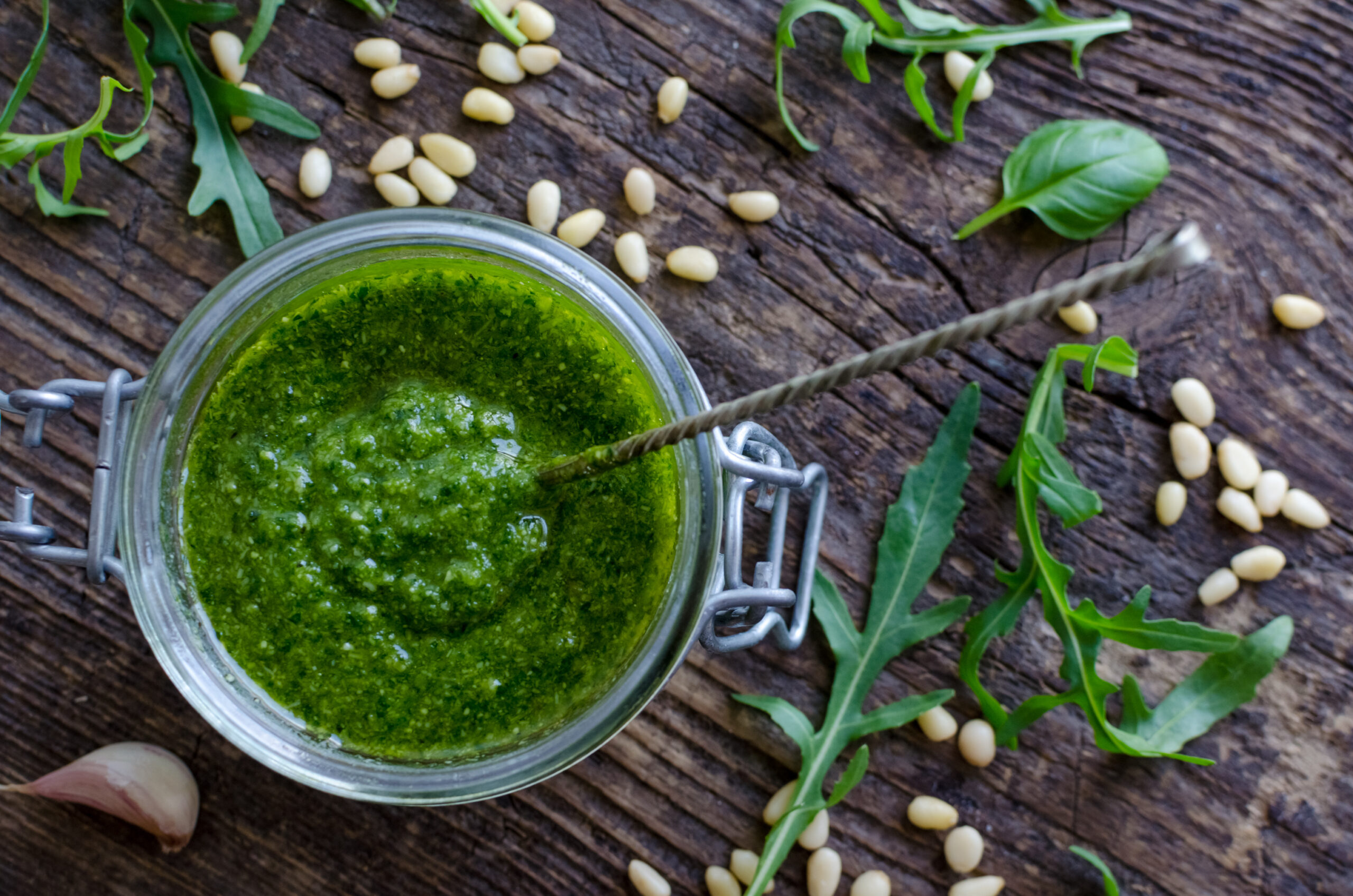While researching an article about veganism for this month's issue of Natural Health magazine, I interviewed Neal Barnard, M.D. When it comes to vegan matters, all roads eventually lead to Barnard, who's the founder of the vegan advocacy group, the Physicians Committee for Responsible Medicine.
I confessed that, no, I'm not a vegan.
“What's holding you back?” he asked.
My deep love of cheese. I couldn't–still can't–imagine a life without Parmigiano-Reggiano, cheddar, goat, Manchego…
“You know, cheese really is addicting,” he countered. “At 70% fat, it's the nutritional equivalent of Vaseline, and I really think it's the reason for so many tubby kids these days.”
He also observed that Americans eat an insane amount of cheese–about 30 pounds per per year, per person. “Americans eclipsed the French in cheese consumption some years ago,” Barnard added.
The USDA–the same government agency responsible (jointly with the Department of Health and Human Service) for developing the Dietary Guidelines for Americans–is working with fast-food companies to develop new ways to encourage Americans to eat more cheese, which we all know is contributing to our collective obesity epidemic.
When Barnard says cheese is addictive, he's not exaggerating. He devotes a chapter to cheese in his book, Breaking the Food Seduction: The Hidden Reasons Behind Food Cravings (St. Martins), explaining how cheese contains concentrated levels of morphine-like opiates that occur naturally in cow's milk (similar opiates are found in human breast milk, too–they help calm an infant). He also discusses USDA-funded programs to boost cheese consumption, and an article in The New York Times this weekend–“While Warning About Fat, U.S. Pushes Cheese Sales”–details how this government/industry relationship works.
That's right, the same government agency responsible (jointly with the Department of Health and Human Service) for developing the Dietary Guidelines for Americans is working with fast-food companies to develop new ways to encourage Americans to eat more cheese, which we all know is contributing to our collective obesity epidemic. On the one hand the USDA shakes its finger at us for being too fat, while on the other it works with Domino's, Pizza Hut, Burger King, Dairy Queen, Subway and other fast-food chains to develop tempting new menu items featuring cheese.
Where's the moderation in Pizza Hut's Ultimate Cheese Pizza, which features a pound of cheese per pie and was promoted with funds from the USDA's Dairy Management marketing entity?
The USDA wants to have it both ways. On the one hand, it maintains that, eaten in moderation, cheese has a place in a healthy diet. We agree with that. A sprinkling of feta on your salad is moderation. But where's the moderation in, say, Pizza Hut's Ultimate Cheese Pizza, which features a pound of cheese per pie and was promoted with funds from the USDA's Dairy Management marketing entity?
We reported recently about the upcoming Dietary Guidelines for Americans 2010, which the USDA and HHS are finalizing now. Those guidelines are important, since they influence key programs like standards for school lunches. As the Advisory Committee's report notes, the amount of saturated fat Americans eat is a key concern, and cheese is the top contributor of saturated fat in the American diet. We'll be curious to see how prominently cheese is featured in the final version of the the guidelines.













